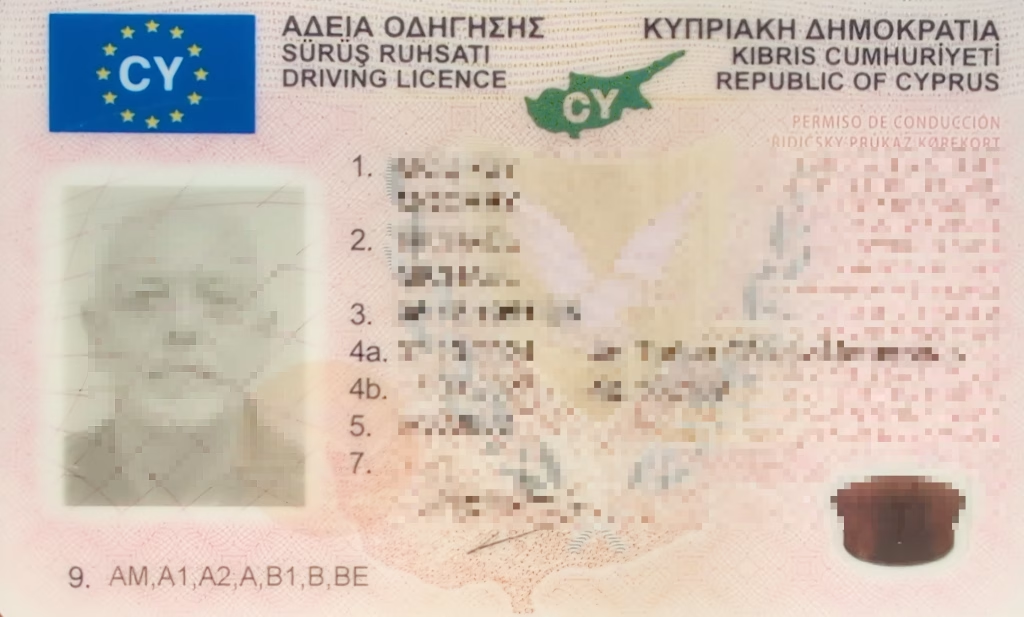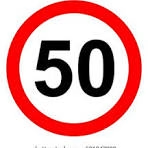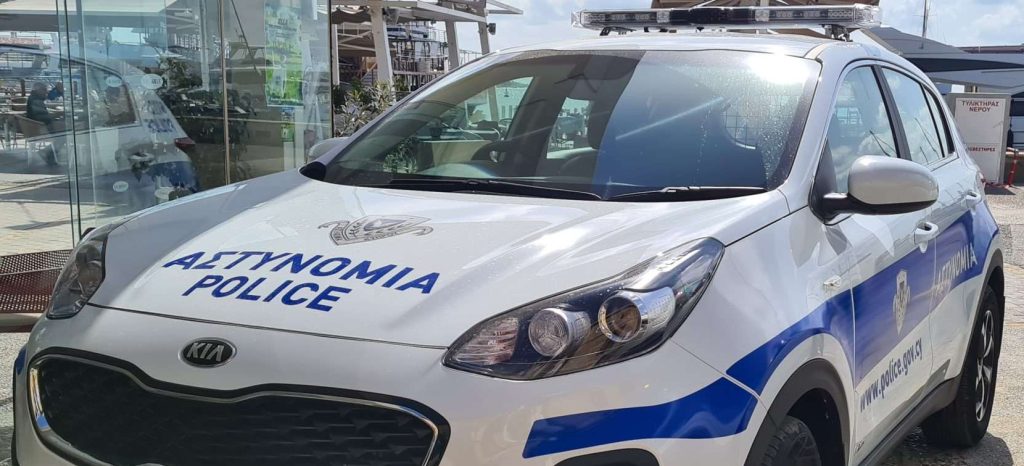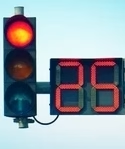Average Speed Cameras for Cyprus Motorways
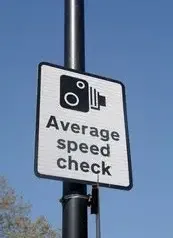
Cyprus is set to introduce average speed cameras on its motorways in a major bid to curb high speeds and reduce a rising toll of road fatalities.
The measure, which was first discussed 15 years ago, involves installing cameras at the entry and exit points of motorways connecting the island’s cities. The system will calculate a driver’s average speed over a set distance. If a vehicle reaches its destination faster than the time required at the legal speed limit, the driver will automatically receive a fine.
Traffic Police Director Haris Evripidou explained that the system works by recording the exact time a vehicle enters and leaves a specific stretch of road.
“If, for example, it should take a specific amount of time to reach the next city at the permitted speed, and the camera at the exit records the driver arriving earlier, a fine will be issued,” Evripidou said.
While the official motorway speed limit is 100km/h, police currently allow a margin of up to 120km/h. The time calculations will be based on this 120km/h threshold; however, anyone caught exceeding this limit will be fined based on the original 100km/h limit.
The move comes alongside other legislative changes. Mobile cameras are being upgraded with new software to detect drivers using mobile phones or not wearing seatbelts. Police data shows that these two violations account for more than a third of all annual road deaths in Cyprus.
Authorities are also tightening rules on drink-driving. Evripidou noted that immediate driving licence revocations will now apply to repeat offenders. Any driver caught over the limit twice within 12 months, where the level of alcohol requires a court appearance rather than a fixed fine, will lose their licence on the spot.
Currently, the legal limit is 21μg. Levels above 71μg require a court hearing. For novice drivers, the limit is 9μg, with any violation resulting in an automatic court referral and licence suspension.
Average Speed Cameras for Cyprus Motorways Read More »
